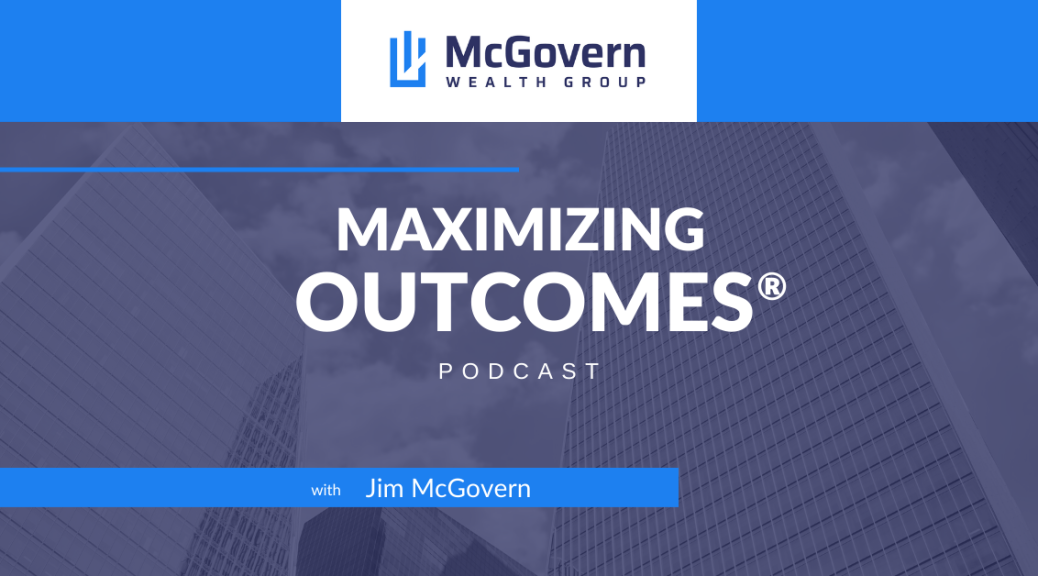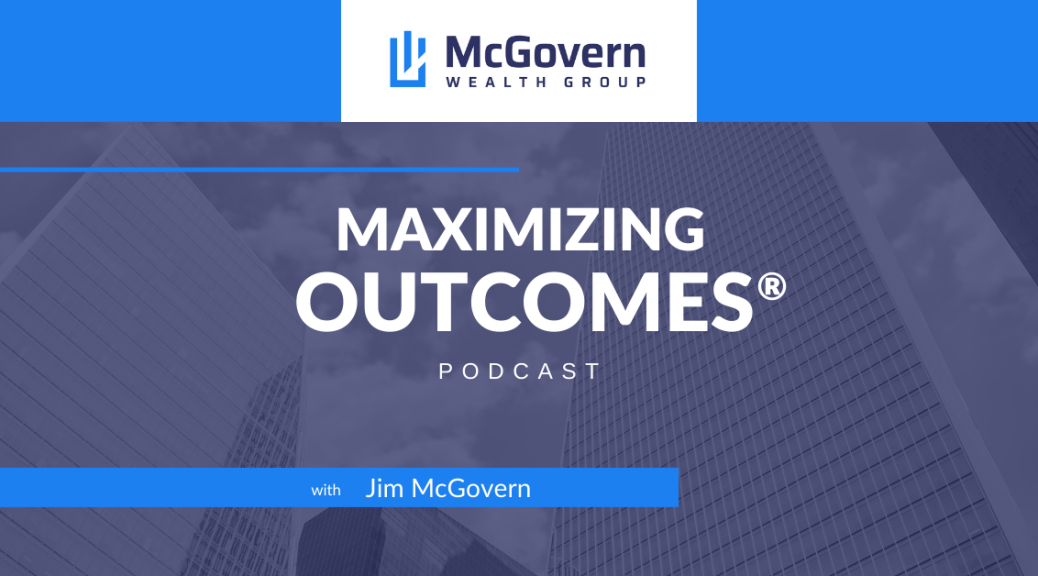How the “One Big Beautiful Bill” Could Save (or Cost) You Thousands (Ep. 63)
The “One Big Beautiful Bill Act” (OBBBA) is now law, and it’s packed with new deductions, credits, and incentives—but also with phaseouts and timing traps that could wipe away your benefits. In this episode of Maximizing Outcomes®, Jim McGovern walks through the key provisions that impact individuals, retirees, and business owners, and shares practical ways to turn these tax changes into opportunities.
From the expanded SALT deduction and senior tax breaks to powerful business-owner strategies like qualified small business stock exclusions, Jim breaks down what’s changed, what’s stayed the same, and how to align your financial decisions with the new rules.
What You’ll Learn
- How the new SALT deduction works—and when higher income can erase the benefit.
- Why the new senior deduction could be worth up to $12,000, and how Roth conversions can backfire.
- Key tax breaks for tips, overtime, and U.S.-assembled car loan interest.
- How “Trump Accounts” for kids function like a Roth IRA with no income requirement.
- Game-changing business-owner provisions, from QBI to qualified small business stock.
Why Listen
If you want to keep more of your money under the new tax law, timing, income thresholds, and proactive planning are critical. Jim shares real-world examples showing how small missteps can cost thousands—and how to position yourself for the biggest wins.
👉 Schedule a tax planning review today at mcgovernwealth.com to see how this episode’s strategies apply to your situation.
Resources
- The Money Clarity Quiz: 4 Steps to Your Financial Picture — Start Here
- Related Episodes:
Connect with McGovern Wealth Group
- info@mcgovernwealth.com
- Schedule A Meeting
- McGovern Wealth Group
- LinkedIn: Jim McGovern
- Facebook: Jim McGovern
Links to external sites are provided for your convenience in locating related information and services. Guardian, its subsidiaries, agents and employees expressly disclaim any responsibility for and do not maintain, control, recommend, or endorse third-party sites, organizations, products, or services and make no representation as to the completeness, suitability, or quality thereof.
Podcast: Play in new window | Download (Duration: 24:29 — 22.4MB) | Embed

